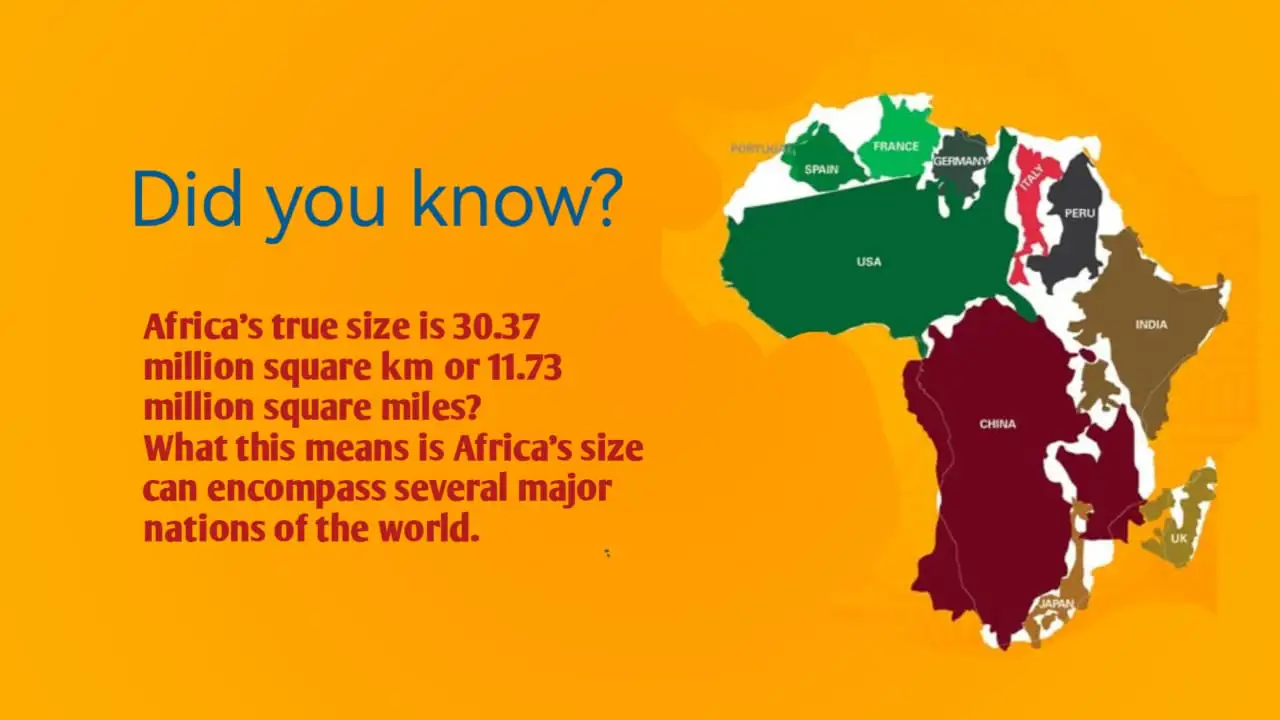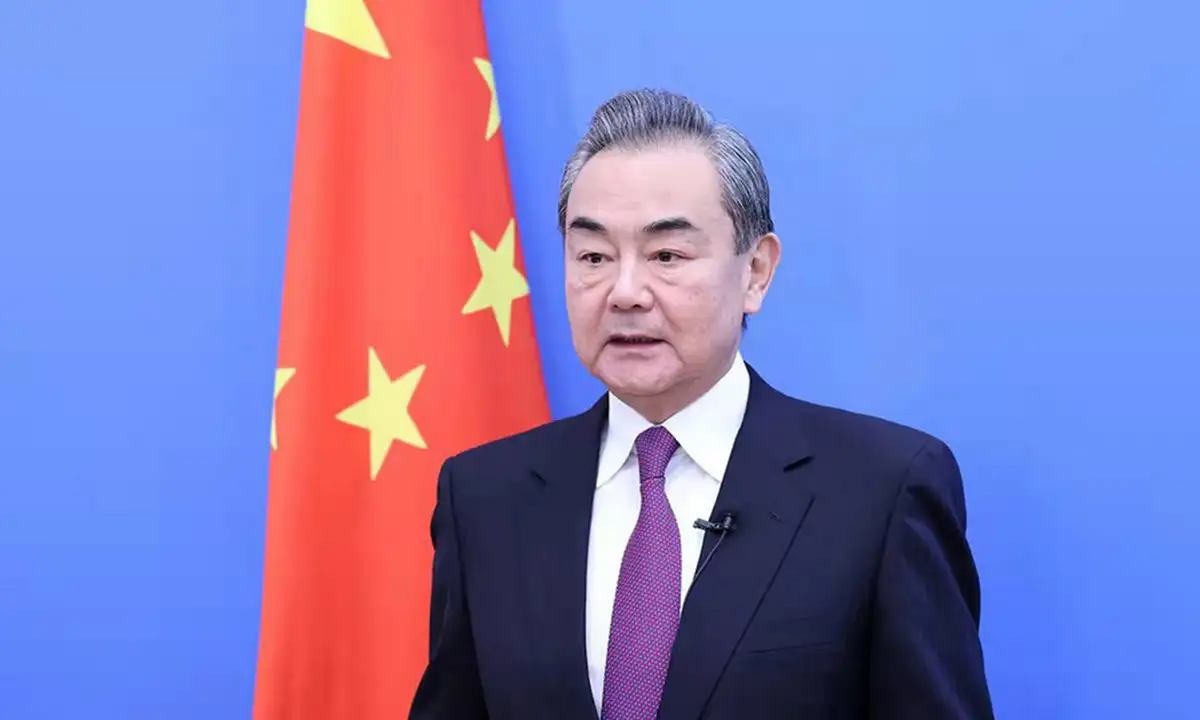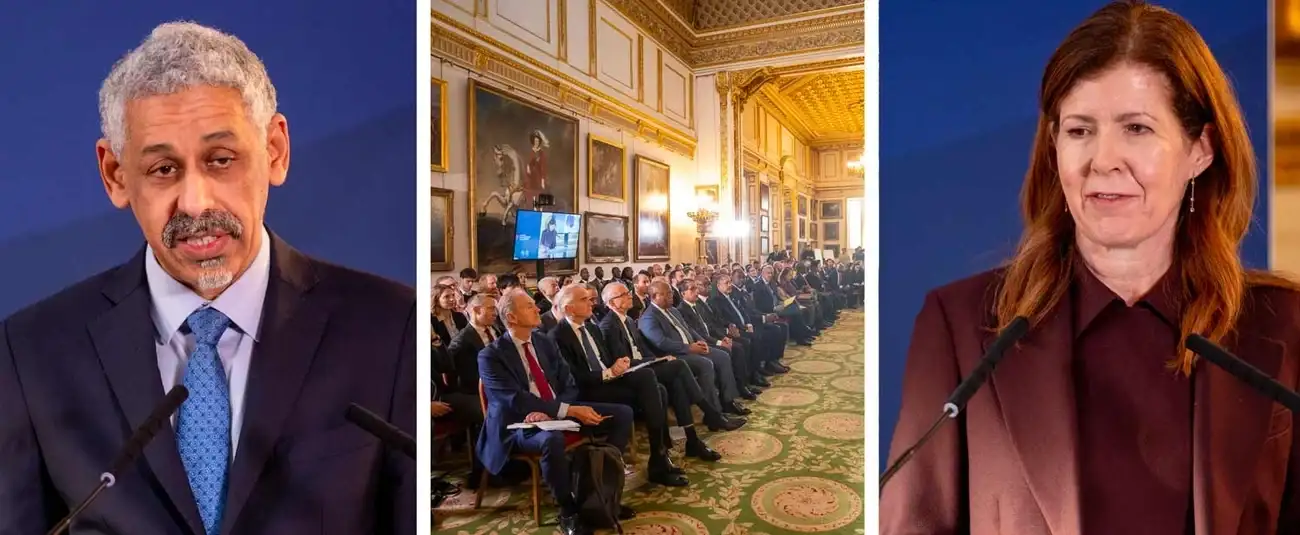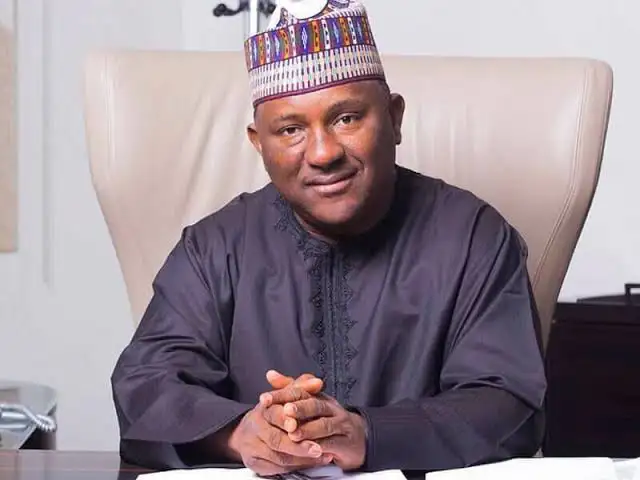The African Union is backing a campaign to replace the 16th-century Mercator world map with one that more accurately shows Africa's size.
The Mercator projection, originally created for navigation, makes countries near the poles, like North America and Greenland, look much larger than they are, while making Africa and South America appear smaller.
Selma Malika Haddadi, deputy chairperson of the AU Commission, told Reuters that while it might seem like just a map, the Mercator projection creates a false impression of Africa as "marginal." She pointed out that Africa is the world's second-largest continent, with 54 countries and more than a billion people, and that these kinds of misrepresentations can influence media, education, and policy.
The "Correct The Map" campaign, led by advocacy groups Africa No Filter and Speak Up Africa, is pushing for organizations to adopt the Equal Earth projection, a map that tries to show the true sizes of countries.
Moky Makura, executive director of Africa No Filter, called the Mercator map "the world's longest misinformation and disinformation campaign" and said it needs to stop.
Fara Ndiaye, co-founder of Speak Up Africa, added that the map affects the identity and pride of Africans, especially children who see it in school. The campaign hopes to make the Equal Earth map the standard in all African classrooms and for global institutions.
Haddadi said the AU's support for the campaign is part of its larger goal of "reclaiming Africa's rightful place on the global stage," which also includes calls for reparations for colonialism and slavery.
The AU plans to work with its member states to encourage wider adoption of the Equal Earth map.
While the Mercator map is still common in schools and on some tech platforms, other organizations are starting to make changes. For example, the World Bank is phasing out the Mercator projection in favor of maps like the Winkel-Tripel or Equal Earth. The "Correct The Map" campaign has also sent a request to the United Nations, which will be reviewed by a committee of experts.
The push is gaining international support, with the Vice Chair of the Caribbean Community (CARICOM) Reparations Commission, Dorbrene O'Marde, endorsing the Equal Earth map as a rejection of the Mercator's "ideology of power and dominance."




